How Does The New Summer Olympic Torch Compare to Others?
For the 2024 Olympics, the torch will reach France on May 8, 2024 in Marseille after a Mediteranean journey from Greece. From there, it will cross France until the Opening Ceremony on July 26, when it will light the official Games cauldron by the final relay torchbearer; always a highlight of the evening.
Designer Mathieu Lehanneur was commissioned to work on the torch, inspired by the themes of 'equality, water, and peacefulness' - resulting in symmetry, waves, and gentle curves, respectively. The unique champagne color of the torch adds a sense of 'lightness'.
Some fact and figures:
- Size: 70cm
- Minimum diameter: 3.5cm
- Maximum diameter: 10cm
- Weight: 1.5kg
- Color: Champagne
- Material: ArcelorMittal XCarb® steel from recycled and renewable sources
- Fuel: Biopropane
- Number of Torches produced: 2,000
What do you think of the new torch? And how does it compare to previous ones?

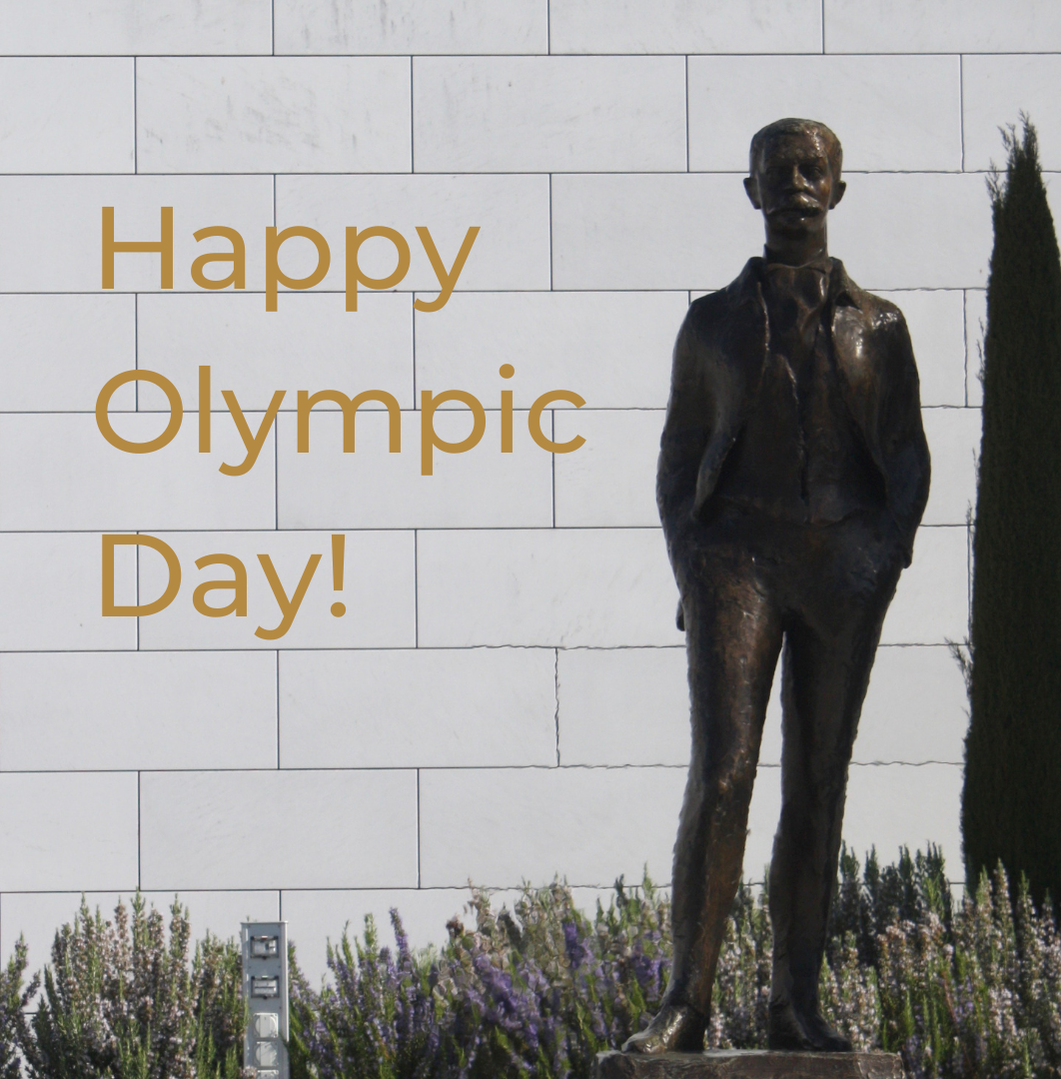
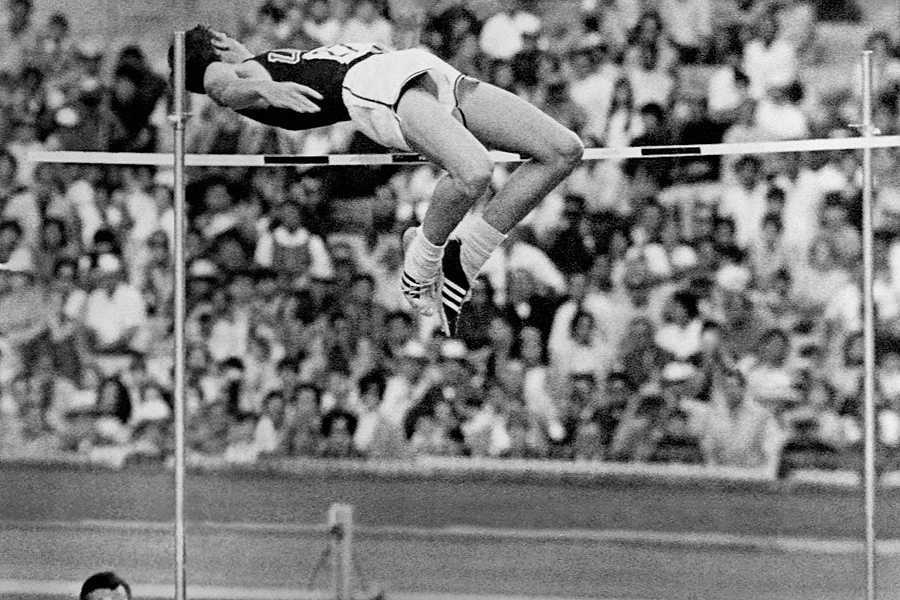
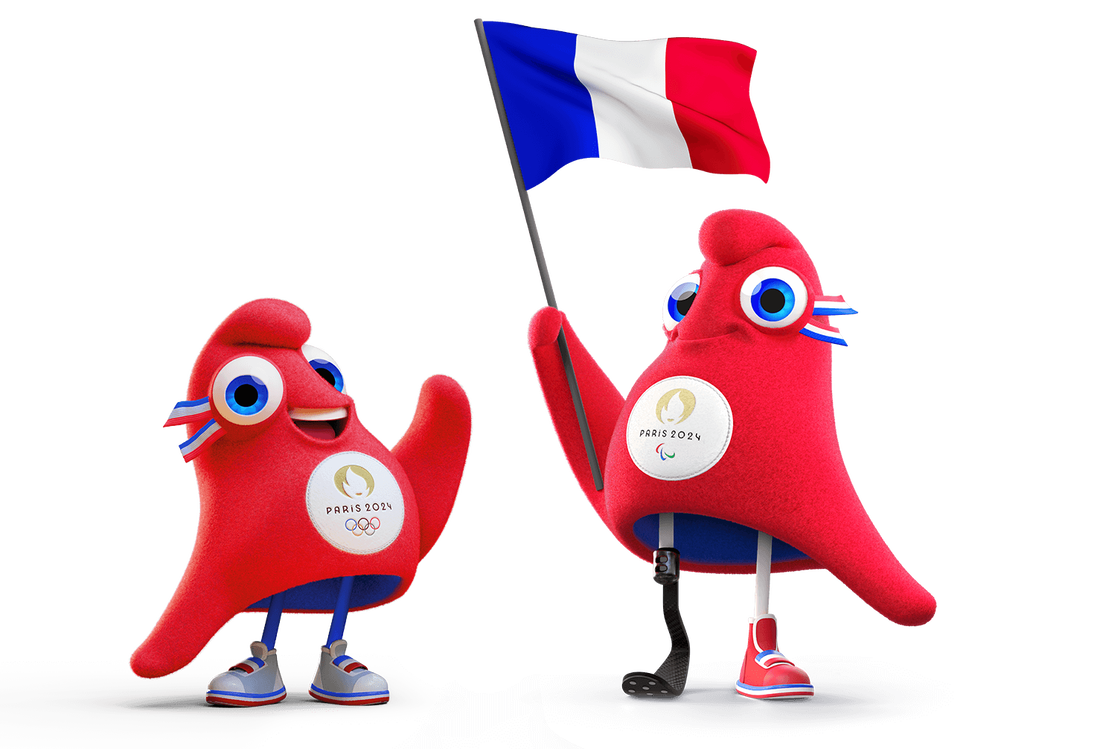
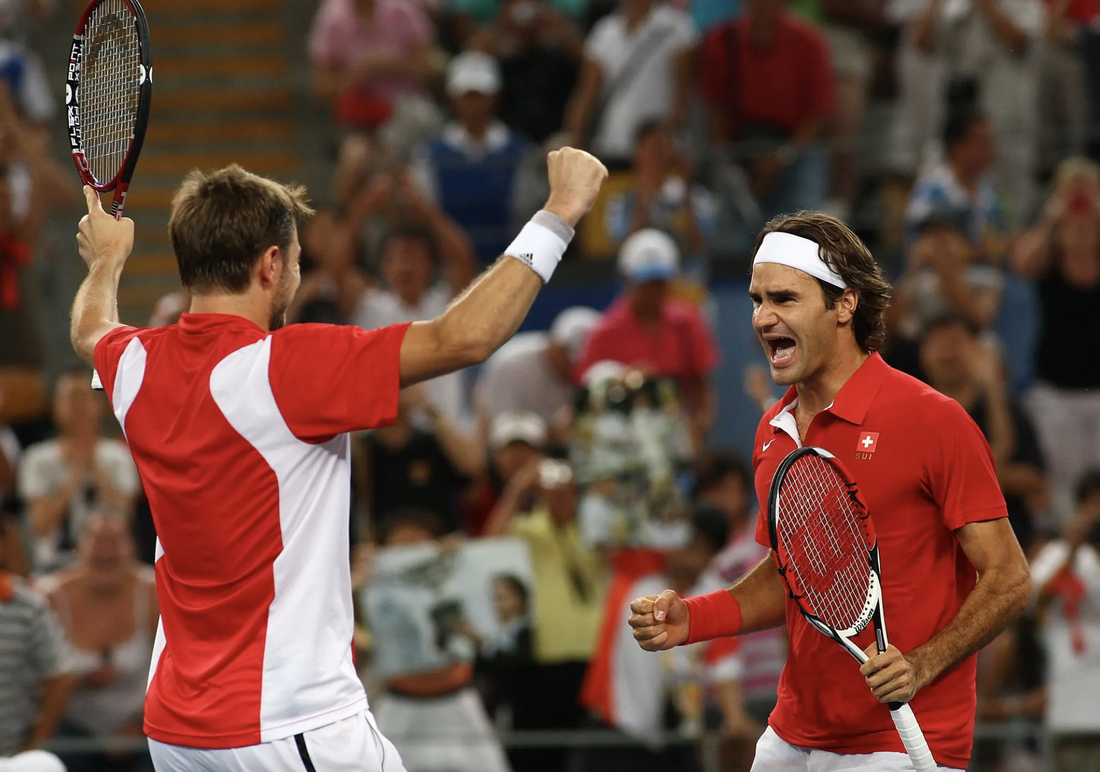
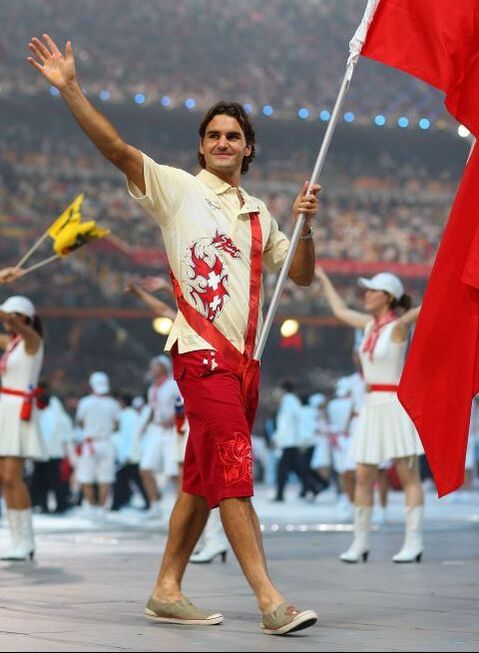
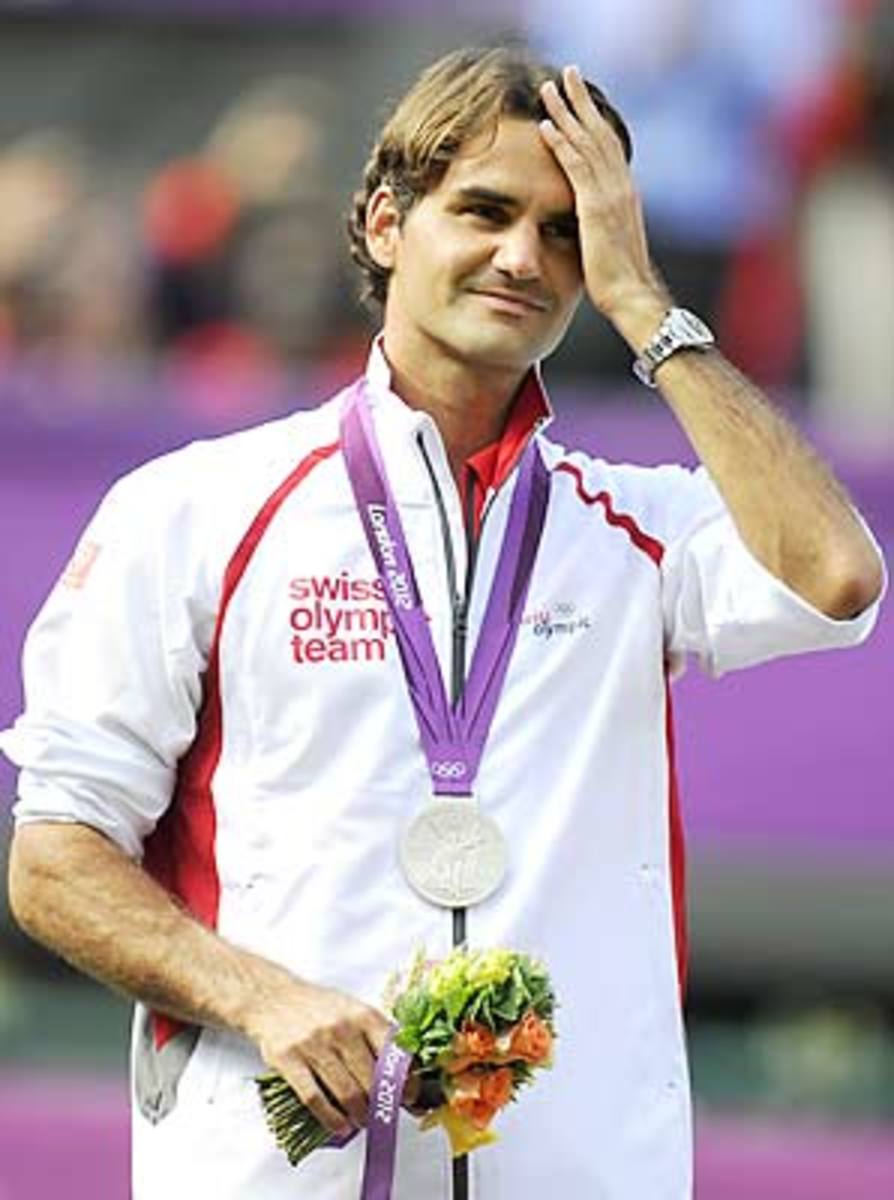

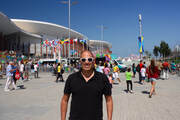
 RSS Feed
RSS Feed